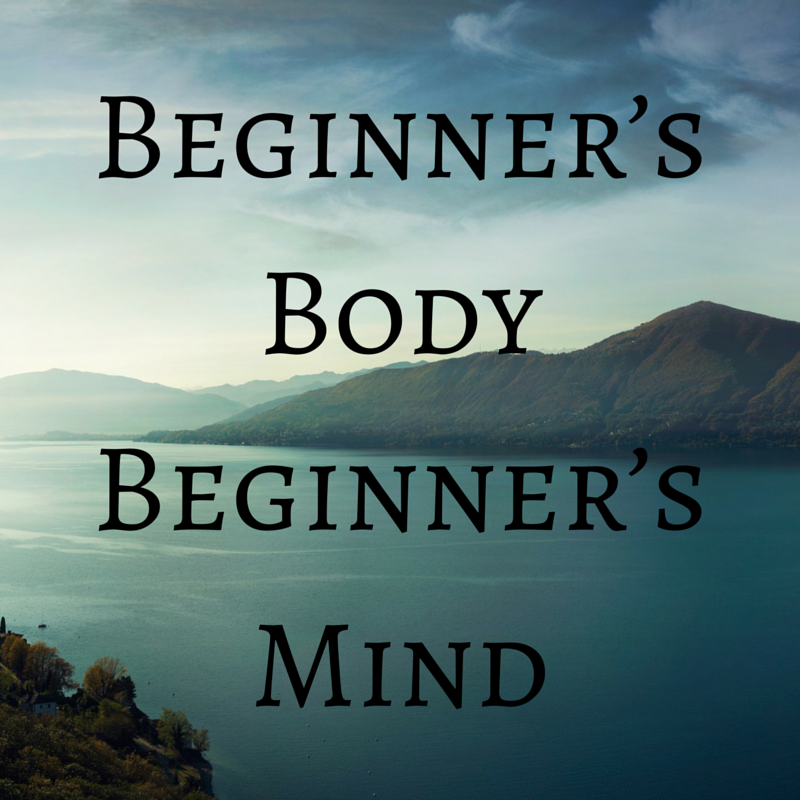Twice a week I do an hour of Pilates Barre class. I like it because there’s music and I’m getting stronger, but sometimes my teacher’s instructions baffle me. Bring your ribs toward your waist, she’ll say. Flex your upper ab. Bend from your leg, not your back. I can’t even quite replicate what she says because it’s so foreign to me. She’s describing subtle (to me, at least) shifts and movements and muscles in my own body, and I do not know what she is talking about.
Because I am also a teacher—a writing teacher—it’s so good for me to be an absolute beginner. And to be growing. Now I am more able to make adjustments that I was at the beginning. I can hold my Pilates teacher’s instructions in my mind and play them out with my body where at first I was simply groping around for what, exactly, my ribs felt like from inside and how they might move toward my waist.
Take the structure of support away from your back and into your core, she said yesterday.
Oh!
And I think of my own students, the ones coming fresh to writing, when I say something like, cut mediation. What does that mean? In narrative, groping for the character’s experience, we often will write: She noticed the moon hanging low in the sky. He heard the ripping sound of thunder in the distance. It is very often much stronger to cut the mediation (she noticed, he heard) in favor of what is being noticed, heard, seen or felt. This moves the verb into the action of the sentence, gives you a variety of subjects, and avoids reestablishing point of view again and again when it’s already known who is doing the feeling and seeing.
The moon hung low in the sky. It might be a cliché, but it’s a stronger sentence than someone noticing it, and we know who is noticing it anyway.
Thunder ripped the sky in the distance. Again, the sentence might need further adjustment, but you’ve moved the reader into the story, and the verb into the heart of the sentence.
This is just one example. The point is, when you are a beginner, every element of an explanation is unfamiliar. You are learning your own tendencies and rhythms, learning how to wield the tools of your craft, learning what is happening and what is possible. If you stick with it, fumbling and barely making sense of what you’re being told, you will learn anyway. Repetition and the sheer effort, the groping, the company of those who understand the vocabulary with which to discuss, who are themselves constantly adjusting their movements and muscles, will bring you father, faster than you can imagine. Am I a dancer? No. But for two hours a week, I am strengthening my muscles and moving my body and learning little by little what’s going on as I do.
Story Makers Show: We have been adding wonderful interviews to our podcast page. Subscribe at iTunes or visit our web site http://storymakersshow.com . . . Enjoy! And if you do, please rate it so others can find it. Thanks!

